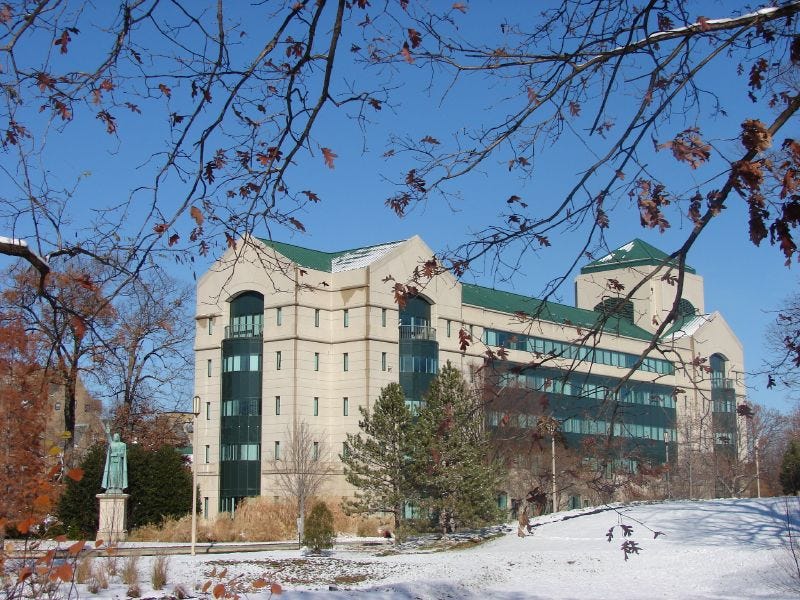State Dept. terminates USCCB migration funds
USCCB refugee resettlement 'no longer effectuates agency priorities,' the State Department said
The State Department canceled a contract with the U.S. Conference of Catholic Bishops on Thursday, likely bringing to a halt a nationwide effort organized by the USCCB to provide resettlement services for refugees to the United States.
The cancellation leaves uncertain the status of a USCCB lawsuit aiming…

